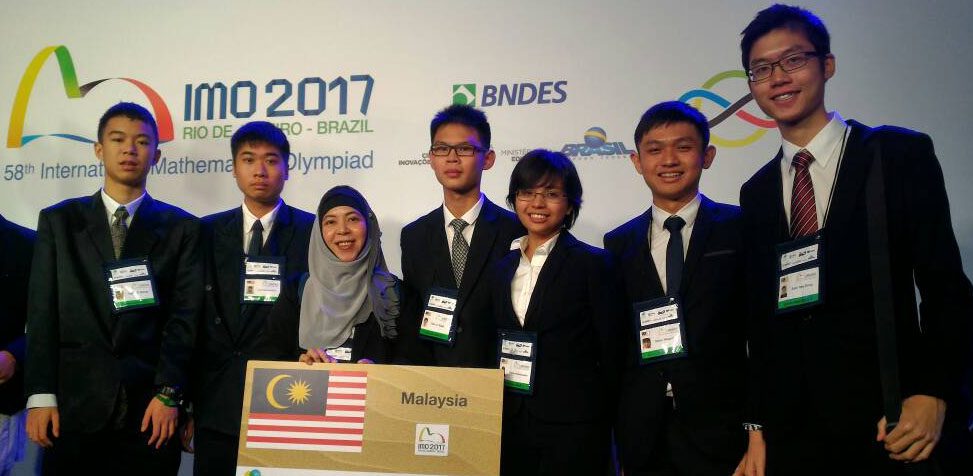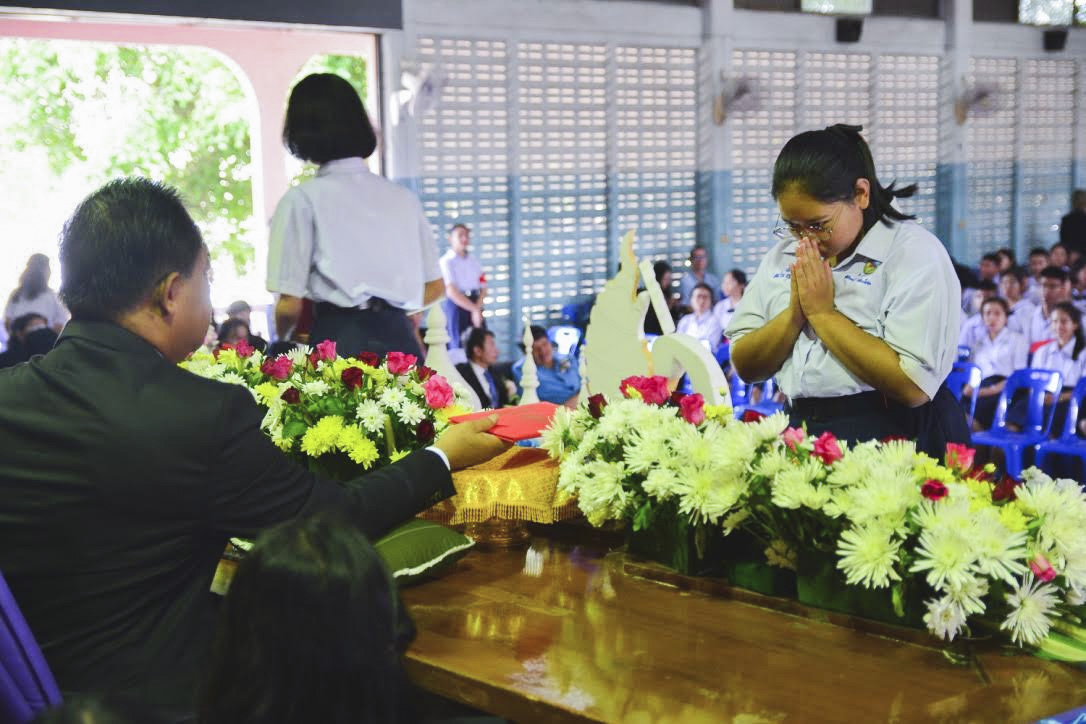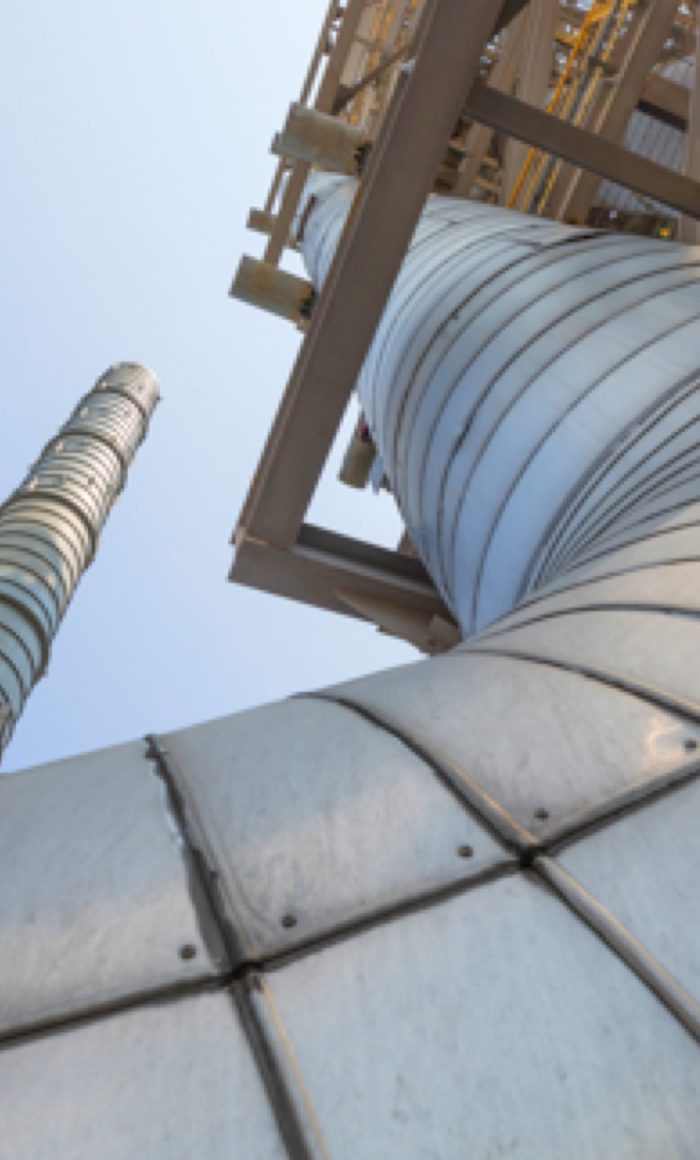At the IMO, participants tap their inner STEM prowess to solve tough mathematical problems. STEM is an umbrella acronym for science, technology, engineering and mathematics. Some IMO participants have gone on to become notable award-winning mathematicians and computer scientists for leading-edge research in their respective fields.
ExxonMobil, which supports STEM initiatives across the globe, has been sponsoring the preparation and training of Malaysia’s IMO team since 2010. Team members are chosen from extensive selection trials involving over 10,000 aspiring candidates.
In addition to the opportunity to represent the country, Malaysian IMO alumni Hanissa Shamsuddin and Ying Hong Tham said the IMO sharpened their problem-solving skills. The Energy Factor recently caught up with Hanissa and Ying Hong to hear first-hand about their experiences at the IMO.
Energy Factor: What drew you to maths?
Hanissa Shamsuddin: I found out that I really enjoyed doing math in high school through the International Mathematics Olympiad (IMO). The problems I encountered required more thought and an ability to clearly articulate the logical steps. It was new and interesting and made maths seem more like a writing subject.
Ying Hong Tham: I just thought it was pretty fun to solve maths problems…when I was exposed to Maths Olympiad problems I was immediately hooked.
EF: What is the most exciting opportunity that studying maths has given you?

Since competing in the IMO, Hanissa Shamsuddin has been encouraged to seek a job in data analytics.
HS: Thanks to the IMO, in high school I got to meet amazing students who inspired me to work harder.
YHT: I got to go to a summer school conference in Europe as a PhD student and visited CERN, which has the world’s most powerful particle accelerator, the Large Hadron Collider.
EF: Why did you enter the IMO?
HS: I really liked the types of problems the Olympiad challenged participants to solve. High school maths felt too mundane. As a Malaysian, it also gave me a sense of belonging and a chance to do something for the country.
YHT: I worked hard to get selected to go to IMO because it seemed cool to be sponsored to travel the world and represent the country, and it would justify my obsession in solving complicated maths problems.
EF: How did you prepare for the IMO?
HS: It takes a lot of effort. I started late compared to many of the students I trained with. My school also never participated in the National Maths Olympiad – the OMK – so
I had to seek outside resources. Leading up to the IMO, I’d dedicate a few hours every day to reading material and solving problems. I also exchanged ideas and problem-solving skills with some of my teammates.

Ying Hong Tham
EF: Where may STEM studies take you in the future?
HS: I want to use my STEM knowledge to solve big problems. Industry is changing fast and there is a lot of demand for skills in data analysis and data science.
EF: How important are competitions like the IMO?
HS: The IMO and other academic competitions aren’t just a chance to improve your maths and science skills. They’re also a chance to mingle and make friends with people from all over the world who, like me, love a good maths problem.




